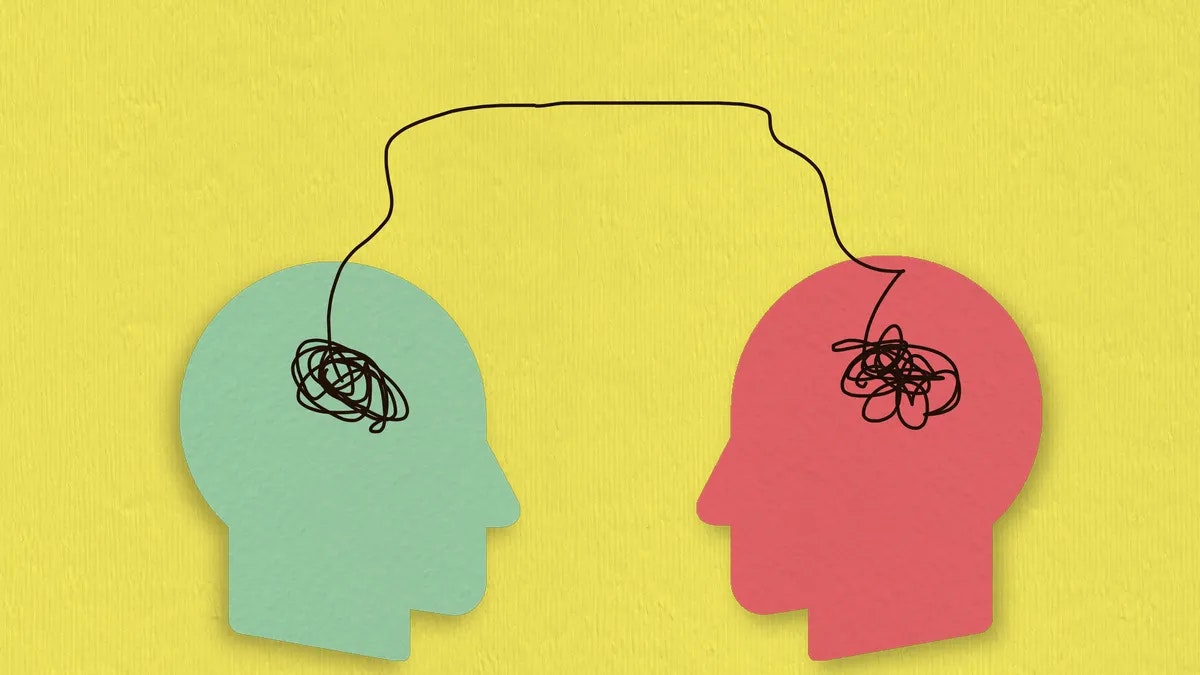
Frontotemporal Dementia: Beginner's Guide to an Overlooked Illness
When Bruce Willis and his family revealed that he had been diagnosed with "aphasia" during the spring of 2022, it generated a wide range of interest in this symptom, which is characterized by a loss of the ability to produce and/or understand language it its different forms (spoken or written). More recently, his family revealed that a more specific condition called "frontotemporal dementia" (FTD) had been identified as the case of the aphasia. So what exactly is FTD, how is it diagnosed, and should you be concerned about it?
What is FTD?
Frontotemporal dementia (FTD) consists of a surprisingly diverse range of clinical symptoms that can result from degeneration of the frontal lobes (underneath your forehead) and/or temporal lobes (underneath your temples) of the brain. When one or both of these structures start to deteriorate, one of several distinct variants of FTD can emerge, though there are several things that all FTD variants share in common:
- FTD tends to emerge at a relatively young age - usually in a person's 50s or 60s. Such an early expression of symptoms can often result in the diagnosis being missed until it is more advanced
- Symptoms tend to emerge gradually, and worsen over time
- The rate of symptom progression tends to be more rapid than Alzheimer's disease, usually unfolding over about 5-7 years
- Classic dementia symptoms (i.e., memory loss) may be completely absent in the early stages of the disease
Individuals with FTD tend to fall into one of two broad families of symptoms in the beginning stages of the illness: behavioral variant and language variant.
Behavioral Variant
The behavioral variant of FTD (bvFTD) tends to present with initial symptoms being significant changes in a person's behavior or personality. The person usually does not seem aware of or concerned by the changes, which can be striking. The person may display changes in personality that include poor social judgement which can include things like taking pictures of a seriously ill loved one in a hospital, getting into physical altercations at church, or making obscene or inappropriate comments about a person's appearance. The person may also behave impulsively with little thought of consequences. By contrast, the extreme opposite can also present in bvFTD. For example, a person with bvFTD might become apathetic, unconcerned, and unmotivated. They may also gradually become content to sit and do very little at home, sometimes even neglecting personal hygiene or grooming; they may also become emotionally flat. Because these changes occur at a relatively young age, and memory abilities tend to be surprisingly well-preserved in early stages, many individuals with bvFTD are missed diagnostically until the condition becomes more advanced. Many of the brief cognitive screeners used in regular physicians offices such as the Mini Mental State Examination (MMSE) or the Montreal Cognitive Assessment (MoCA) have much lower sensitivity to FTD than they do to other forms of dementia such as Alzheimer's disease.
Language Variant
Also known as Primary Progressive Aphasia (PPA), the language variant of FTD can present with early communication deficits where the person begins to produce speech (and writing) that is increasingly halting and effortful and contains more and more grammar or phonological mistakes (i.e., saying a word that sounds similar to the one they meant, like saying "hell" instead of "hill," or saying "spun" instead of "spoon"). Interestingly, memory tends to be very well preserved, and there do not tend to be any of the behavior/personality changes that are observed in bvFTD. However, in later stages of the disease symptoms generally spread to include impairments across all or most thinking abilities.
How is FTD diagnosed?
Because the disease onset occurs at a relatively young age, and do not include more classic symptoms of dementia that are assessed for on common cognitive screeners, FTD diagnoses can often be delayed. In fact, even brain imaging techniques such as MRIs and CT scans of the head may looks completely normal. Working with a neuropsychologist may be the only way of identifying the illness in its very earliest stages when steps can be taken to improve the outcome of the illness. While there is currently no cure for FTD, steps can be taken early to slow down symptom progression, and allow time for arrangements to be made for things like powers-of-attorney, estate planning, living arrangements and other kinds of succession planning.
In neuropsychological testing, a series of specialized tests that measure the functioning of different brain areas, such as the frontal and/or temporal lobe are given to the patient. When this testing is performed by a neuropsychologist, it has the ability to identify certain parts of the brain that may not be functioning normally, even if the brain imaging studies appear normal. While brain imaging studies are excellent at telling us what the brain's structure looks like, only neuropsychological testing conducted by a neuropsychologist can tell us what the brain is capable of doing.
Should I be worried?
It is important to realize that FTD is relatively rare, and accounts for only about 5-15% of all cases of dementia, and occurs in the general population at a rate of about 15 to 22 out of every 100,000 people. It is possible however, that these figures are an underestimate given the challenges in getting a timely diagnosis that is discussed above. It is also very important to note that the personality, behavior, and language abnormalities in FTD always represent a change from what is typical of that person. So in other words, if someone has behaved recklessly and impulsively for decades without any clear changes, that behavior would not necessarily be concerning for FTD. It is also worth noting that language, personality, and behavior changes can be caused by other factors such as substance use, mood disorders, strokes, or traumatic brain injuries (among many many other things). If you or a loved one do become concerned about the symptoms discussed in this article, it is important to discuss those concerns with a member of your healthcare team who can order the appropriate tests and studies to help arrive at the most accurate diagnosis.

